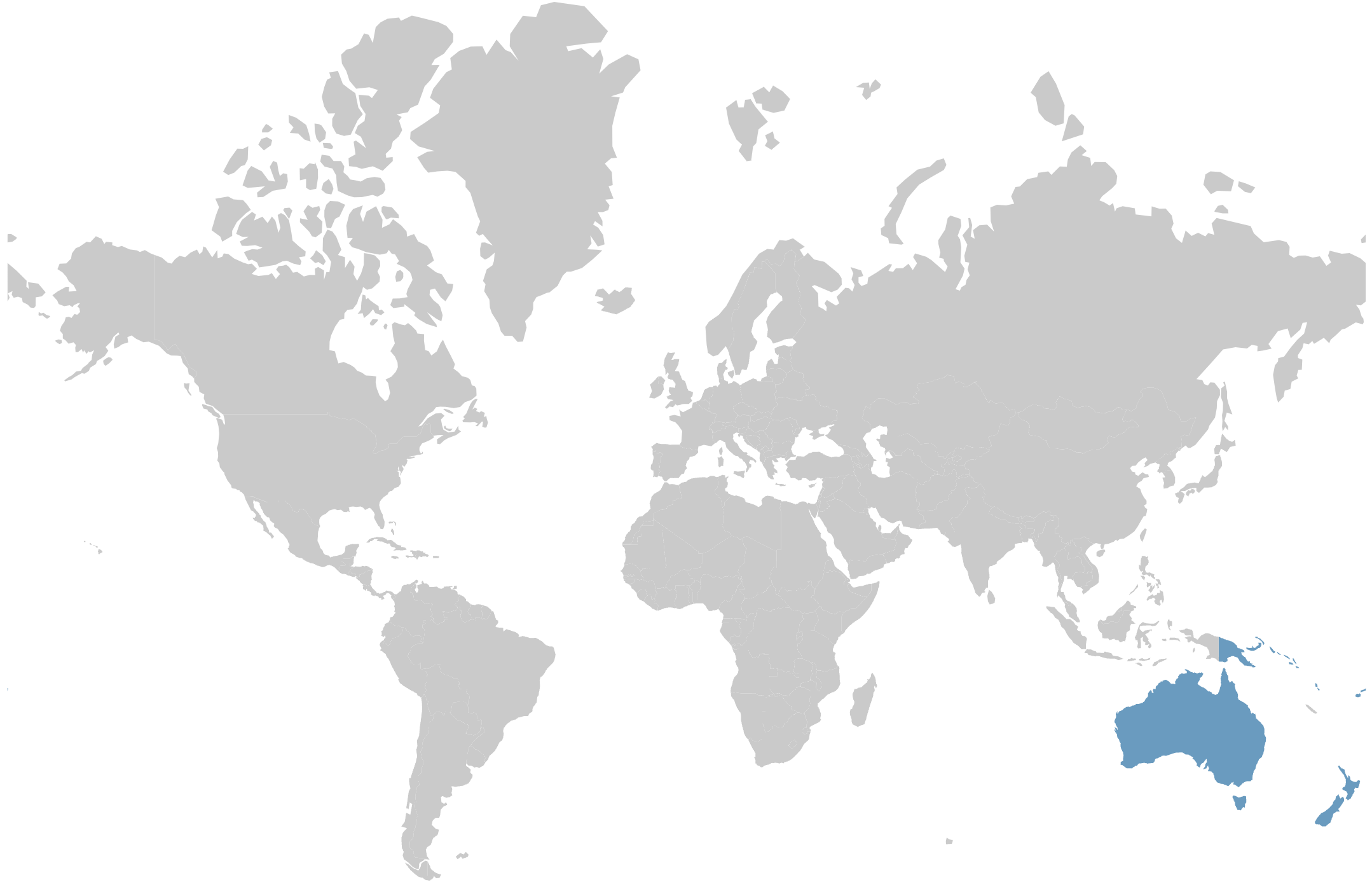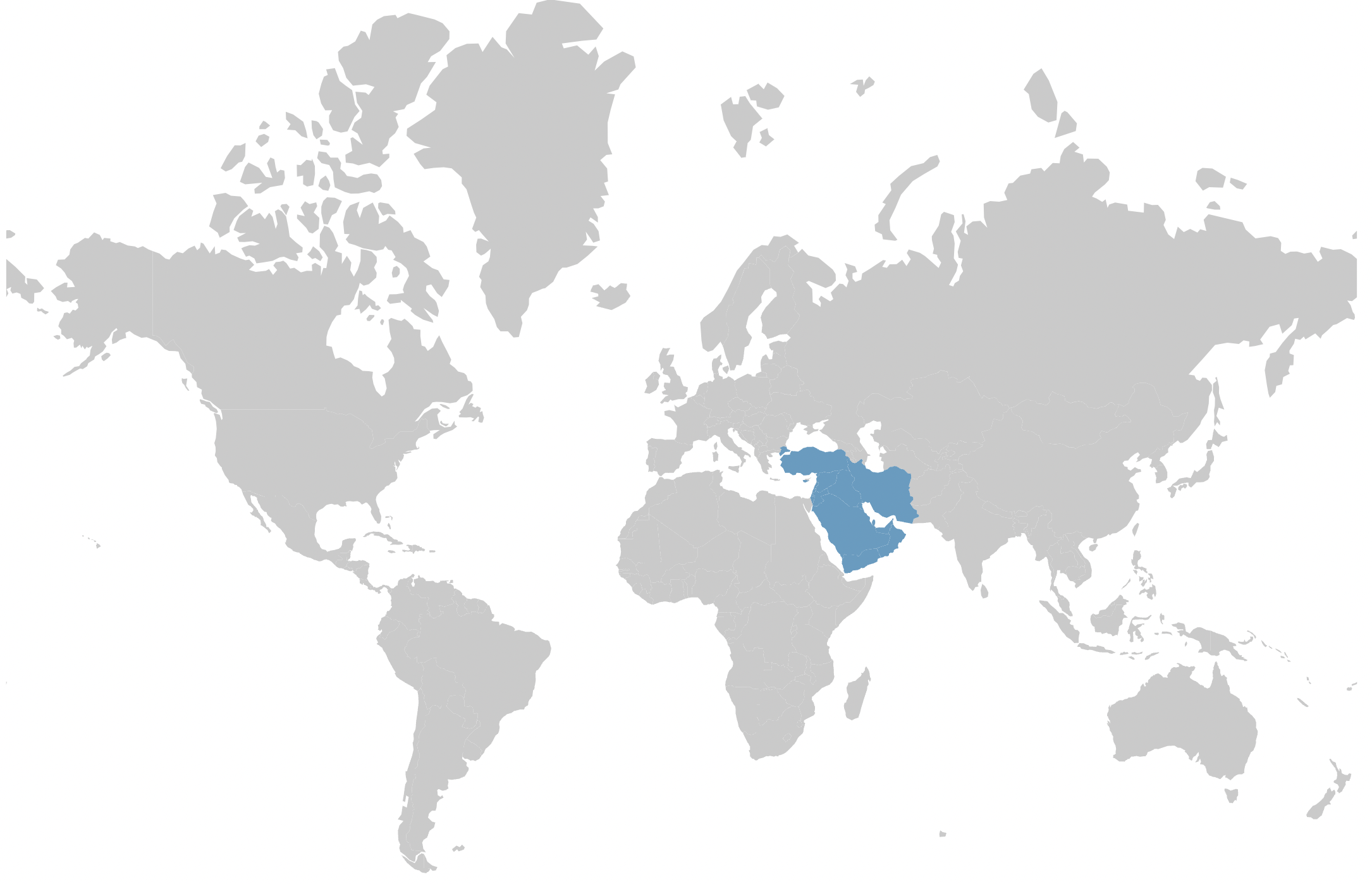AMERICA

United States
Brazil
Chile
Dominican Republic
Guatemala
Nicaragua
Peru
Venezuela
Burundi
Equatorial Guinea
Uzbekistan
Canada
Argentina
Colombia
Ecuador
Haiti
Panama
Puerto Rico
Brunei
Cabo Verde
Eritrea
Vanuatu
Mexico
Bolivia
Costa Rica
El Salvador
Honduras
Paraguay
Uruguay
Burkina Faso
Cameroon
Turkmenistan
Zambia
EUROPE

European Union
Austria
Bulgaria
Czech Republic
Germany
Italy
Poland
Serbia
Sweden
Albania
Antigua and Barbuda
Belize
Czechia
United Kingdom
Benelux
Croatia
Denmark
Greece
Madrid Protocol (WIPO)
Portugal
Slovakia
Switzerland
Andorra
Armenia
Benin
Ukraine
British Virgin Islands
Cyprus
France
Hungary
Norway
Romania
Spain
Turkey
Angola
Belgium
Bosnia and Herzegovina
ASIA

China
India
Singapore
Bangladesh
Hong Kong (SAR)
Laos
Myanmar
Philippines
Vietnam
Barbados
Suriname
Timor-Leste
Trinidad and Tobago
South Korea
Taiwan
Afghanistan
Bhutan
Kazakhstan
Malaysia
Nepal
Sri Lanka
Azerbaijan
Comoros
Tajikistan
Togo
Japan
Indonesia
Algeria
Cambodia
Kuwait
Maldives
Pakistan
Thailand
Bahamas
Cote d'Ivoire
Tanzania
Tonga
OCEANIA

Australia
New Zealand
Micronesia
MIDDLE EAST

Israel
Bahrain
Jordan
Qatar
Djibouti
Eswatini
Gabon
Ghana
Guinea-Bissau
Ireland
Kosovo
Liberia
Luxembourg
Malta
Mauritius
Mongolia
Netherlands
Palau
Rwanda
Saint Vincent and the Grenadines
Sao Tome and Principe
Sierra Leone
Somalia
United Arab Emirates
Gaza
Lebanon
West Bank, Palestine
Dominica
Fiji
Gambia
Grenada
Guyana
Jamaica
Kyrgyzstan
Liechtenstein
Madagascar
Marshall Islands
Moldova
Montenegro
Niger
Palestine
Saint Kitts and Nevis
Samoa
Senegal
Slovenia
South Sudan
Saudi Arabia
Iraq
Oman
Yemen
Estonia
Finland
Georgia
Guinea
Iceland
Kiribati
Latvia
Lithuania
Mali
Mauritania
Monaco
Nauru
North Macedonia
Papua New Guinea
Saint Lucia
San Marino
Seychelles
Solomon Islands
AFRICA

South Africa
Egypt
Lesotho
Morocco
Swaziland
United Republic of Tanzania
Nigeria
Botswana
Ethiopia
Libya
Mozambique
Tunisia
Central African Republic (CAR)
Tuvalu
Congo
Kenya
Malawi
Namibia
Uganda
Chad
Zimbabwe
By international treaties, trademark applicants are allowed to use the filing date of their original trademark application (eg., your U.S. application) when filing internationally if that subsequent filing is submitted within six (6) months of the original filing.
Claiming priority in an international filing can be a strategic advantage because it establishes the earliest possible filing date, reducing the risk that a third-party will preempt your foreign application by filing a similar trademark. Claiming priority also allows applicants to greatly reduce capital outlay by spreading the costs of filing over six months rather than filing simultaneously. By working with counsel to develop an overall intellectual property strategy, businesses can better enforce their rights in foreign markets and secure and register trademarks in key foreign markets, including defensively in countries where violations are common.
1. In which countries do you currently sell, license, or franchise your products and services?
Do you have customers in different countries around the world? If so, it's important to protect your brand in each country you conduct business - including online sales. This is especially true if there is concern about protecting yourself from counterfeit and knockoff goods. Ask yourself – would your business be affected if someone sold counterfeit products or services in a country where your consumers recognized your brand? Would you care if someone in that country registered a domain name that confused customers into thinking that it's your brand? If your answers to these questions are "YES", then you should consider protecting your brands internationally.
2. In which countries are you likely to sell your products and services in the coming 3 to 5 years?
As your business grows, are you likely to expand into other countries? Would having sole ownership of your brand name in those countries be advantageous to the growth of your company? If you're advertising your products through the web, it's possible that entrepreneurs in those countries may catch wind and try to capitalize on your delay to protect your brand name in foreign jurisdictions. For this reason alone, international protection in countries in which you are likely to operate is also a good idea.
3. Determine which countries manufacture products similar to yours and protect yourself there.
Sometimes, counterfeit goods start at the source. Certain industrialized countries such as China, Taiwan, and India now have manufacturing prowess that enables non-ethical companies to cost - effectively create knockoffs of your goods and services. If that is the case, you should seek federal protections of your trademark from others misappropriating your goodwill and business reputation.
Lastly, ask yourself - would you care if someone started selling products and services with your brand (or a confusingly similar brand) in a country in which you currently operate or are likely to operate? If you answered "Yes" to any of these questions, then you should consider protecting your brands internationally.
